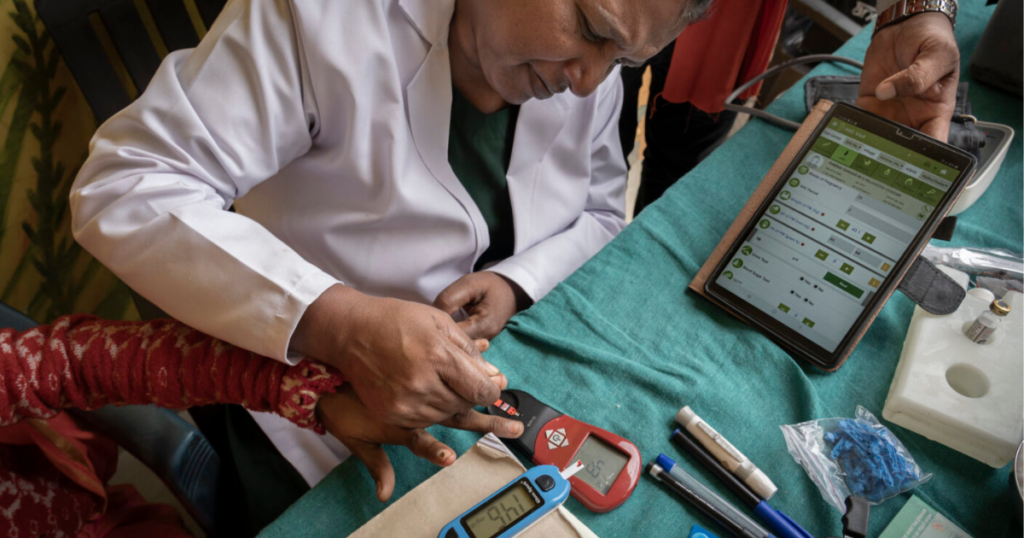More than 13% of the population suffers from some form of mental illness in India. The COVID-19 pandemic increased the prevalence of anxiety, social isolation, stress and death by suicide, and has brought the dialogue on mental health to the forefront.
This opportune moment in the mental health ecosystem has seen a rise in digital solutions, including policy recognition with the launch of the National Tele-Mental Health Programme. However, these efforts have not been adequate to meet the diverse needs of the entire population.
Digital solutions for mental health have emerged across the continuum of care focusing on prevention, promotion, detection, diagnosis, treatment and follow-up care, providing a wide array of interfaces and content for users to choose from. However, these solutions encounter challenges at three levels. These are
i) foundational challenges in mental health, whereby the huge supply and demand gap and limited systemic prioritisation are contributing towards a wider treatment gap, lower accessibility and affordability to services
ii) common concerns with technology solutions such as privacy and data protection, which form barriers to solutions in mental health
iii) mental health solutions leveraging technology which create a unique set of challenges, including limited customisation of solutions based on cultural and local contexts, involvement of users with lived experiences, monitoring treatment, limited hybrid models of care and a lack of standard processes to evaluate the effectiveness and quality of digital solutions for mental health.
In order to strengthen the delivery of mental health care via technology-based solutions, it will be critical to approach solution design with central focus on users and their needs, adopt a phygital (physical and digital) combination of care to fortify digital approaches to mental health care, and customise solutions to be more inclusive and address the diversity needs of different user groups and regions.
While investment towards digital solutions for mental health and wellness has witnessed a rise, there is a need for greater prioritisation and strengthening of solutions. This presents an opportunity for all stakeholders to leverage technology-based solutions that give a critical focus to strengthening care delivery. At a systemic level, the government has a crucial role to play in creating an enabling environment through guidelines, processes and regulation of digital solutions to enable quality and effective care at the last mile.
Authors: Yashasvi Murali and Disha Kouli, with support from Karthika Kumar
Technical review: Lakshmi Sethuraman




